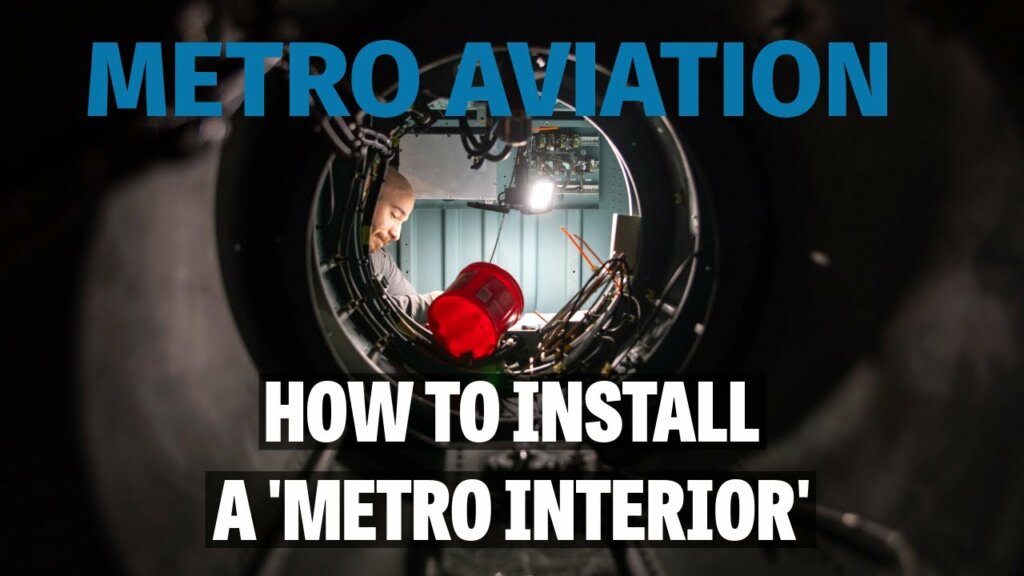Prague-based Zuri has unveiled the specs for its new hybrid-electric VTOL aircraft. The company is creating two versions — one for passenger services and another dedicated for cargo delivery.

With a wingspan of up to 13 meters (43 feet), the aircraft will be powered by eight tilting electric motors, and will have an onboard turbine generator for powering electric motors and recharging lithium batteries.
The developer is targeting a cruise speed of 300 kilometers per hour (186 miles per hour), and a range of 700 km (435 mi), including a 30-minute reserve. The air taxi will be able to carry four passengers and a pilot in its “executive” model, and three passengers and a pilot in its “VIP” model. Meanwhile, the cargo delivery aircraft is expected to have a maximum payload of 300 kilograms (660 pounds).
The company said it is now locking in its design as it continues to develop the new generation model.

Michal Illich, founder of Zuri, told eVTOL.com that the team has already built smaller, fully functional aircraft and plans to conduct ground tests at the end of this month, and flight tests in February to verify the design’s aerodynamic parameters and compare control systems.
The new generation hybrid-electric VTOL comes after more than three years of developing and ground testing its technological demonstrator — the company had previously shared footage of the demonstrator’s tethered hover test that was conducted in September.
Zuri said previous testing gave the team valuable information on aerodynamics, control systems, required output of power units, and other parameters. These learnings will go toward developing its new generation models that the company dubs Zuri 2.0 for the passenger air taxi, and Zuri 2.0 Cargo for the cargo transport model.
While plans to build its full-scale model and begin flight testing are largely hinged on the developer’s ability to secure enough funding, Illich said the team plans to conduct at least 10 flight tests with its previous large-scale demonstrator and release additional footage of its development progress this year.

Zuri is looking to certify its aircraft with the European Union Aviation Safety Agency (EASA), and is currently supervised by its local authority — the Civil Aviation Authority of the Czech Republic, Illich said. He expects to start direct discussions with EASA next year.
At launch, its aircraft will be used mainly in the European market, or those where EASA certification is valid, but Zuri has plans to obtain certification from the U.S. Federal Aviation Administration in the future.
Once certified, the Zuri 2.0 is targeting the regional air transport market, using existing small airports and heliports, as well as future eVTOL infrastructure.









Nice plane, but almost everybody in the VTOL electric world develop one